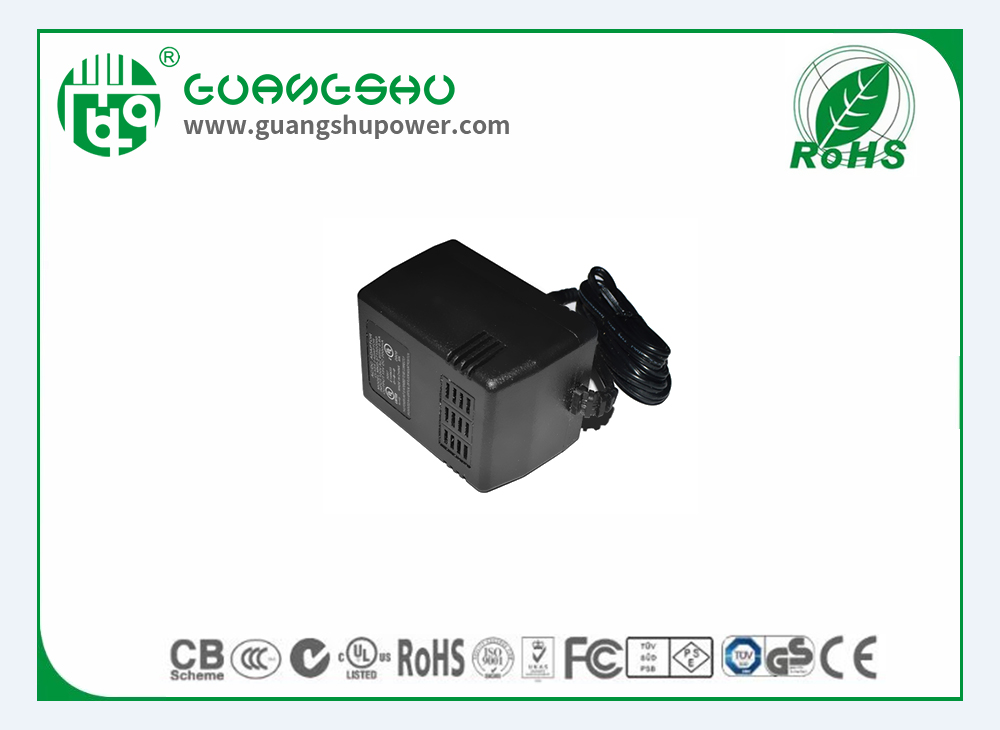Time:2024-12-20 Views:0

Leaving a power adapter plugged in for a long time can have several potential impacts.
One concern is energy consumption. Even when not connected to a device, some power adapters still draw a small amount of power, known as standby power. Over time, this can add up and contribute to increased electricity bills. Additionally, it wastes energy resources and has an environmental impact.
Another potential issue is the risk of overheating. If a power adapter is left plugged in continuously, it may generate heat over an extended period. In some cases, this can lead to damage to the adapter or even pose a fire hazard, especially if it is placed in an enclosed space or near flammable materials.
Moreover, long-term continuous use can also affect the lifespan of the power adapter. Constantly being plugged in and under a small electrical load may cause components to degrade more quickly than if the adapter is used intermittently. This can result in reduced performance or eventual failure of the adapter.
However, some modern power adapters are designed with features to minimize these risks. For example, they may have energy-efficient designs that reduce standby power consumption. Some also have built-in protection mechanisms to prevent overheating.
while leaving a power adapter plugged in all the time can have some potential negative impacts, the extent of these effects depends on various factors such as the quality and design of the adapter. It is advisable to unplug power adapters when they are not in use to save energy and reduce potential risks.
Read recommendations: